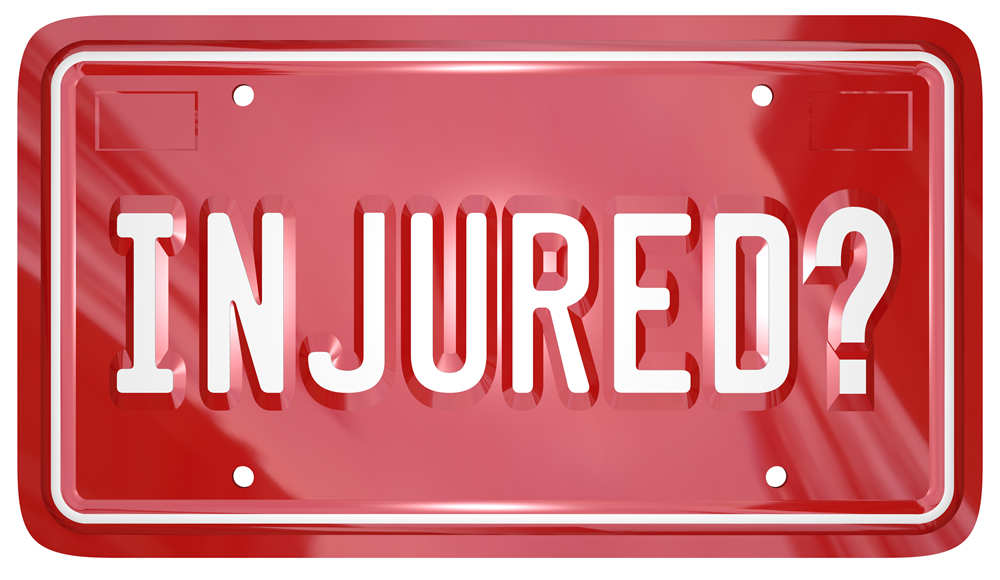Personal injury law is one branch of the profession that deals with tort law. The word “tort” derives from the Latin tortum, meaning crooked, or wrong. According to the Canadian Encyclopedia, tort law in our country “provides compensation for people who have been injured or whose property has been damaged by the wrongdoing of others.” Tort law can be applicable in a wide range of cases, dealing with issues as diverse as assault, false imprisonment, sexual harassment, defamation, and, of course, personal injury.
When we think of tort cases, we may assume that most are directed at professionals such as manufacturers, doctors, bartenders, business owners, and lawyers. However, this type of law often affects ordinary people too; many times people who have been injured in an accident file tort claims or civil lawsuits.
The purpose of tort law is not to punish offenders, but to compensate victims for their suffering and losses. It can also act as a deterrent to those who would commit similar wrongs, and as a tool for educating the larger community about acceptable conduct. The origins of tort law in British jurisprudence are ancient, and include influences such as the “golden rule” as expressed in the King James Bible.
Intentional and Unintentional Torts
Torts can be divided into two main categories: intentional torts and unintentional torts. As the names imply, the main difference between the two is the intent behind the wrongdoer’s actions. An intentional tort takes place when the wrongdoer intends to perform an act that results in physical injury. Intentional torts interfere with the rights to bodily integrity, emotional tranquility, dominion over property, seclusion from public scrutiny, and freedom from confinement or deception. An example of an intentional tort might be battery, where physical harm is inflicted upon a victim against his or her will. It doesn’t matter if the particular type of harm that results is not intended – it’s considered an intentional tort because the wrongful act was done intentionally. Defendants in intentional tort cases may have already been convicted in criminal court.
A tort is considered unintentional when the wrongdoer is negligent in some way, and his/her negligence ultimately results in physical injury. Intentional torts are considered the more serious offense, and the penalty for these is generally higher. Unintentional torts include harms that occur due to negligence or non-deliberate acts, such as car accidents. With an unintentional tort, the concept of the “reasonable person” comes into play; this is the idea that everyone is under a legal obligation to take reasonable care to ensure that others will not be injured because of careless conduct. If a person contributes to his/her own injury through their own negligence, this will also be taken into account when damages are awarded.
Making a Tort Claim
If you have been injured, you may be considering filing a civil lawsuit. The vast majority of unintentional tort claims are settled before they go to court. Before a claim can be settled, the full extent of the damages to the plaintiff must be assessed by professionals; these damages can include physical, emotional, and psychological damages, as well as financial expenses such as medical and health care costs. Past, present, and future damages should all be considered part of the picture.
Both insurance claims and tort claims need substantial documentation, and the paperwork involved can be exacting and onerous. Medical records, police reports, photographs, x-rays, receipts, pay slips, income tax records, invoices, and even personal journals may be necessary. A personal injury lawyer has the experience to deal with these demanding paperwork requirements. Since personal injury lawyers in Canada rarely charge except on a contingency basis, there is very little reason not to engage a lawyer from a reputable law firm as soon as possible after you are involved in an accident.
There are many personal injury law firms in Ontario, and choosing one can be difficult. It’s best to choose a firm that fits your particular needs. When you are recovering from the effects of an injury, or worse, grieving the loss of a loved family member, life can be confusing and difficult. You will want to work with a lawyer who understands and empathizes with your situation, and who can look after your interests during this vulnerable time. Look for a firm with values that align with your own, and for lawyers that will make themselves available to you when you need them.

Whenever possible, choose a law firm that is located close to where you are situated, whether that is at home, or in a hospital or rehabilitation facility. This helps to ensure that you will have a chance to communicate face-to-face with your lawyer when it is necessary. Many law firms are also knowledgeable about medical professionals and treatments that may assist in your recovery. A few law firms offer legal services in a number of different languages; this can be very helpful if you feel more comfortable working in a language other than English.
To get advice about whether or not to file a tort claim, book an initial consultation today with an Ontario personal injury lawyer.